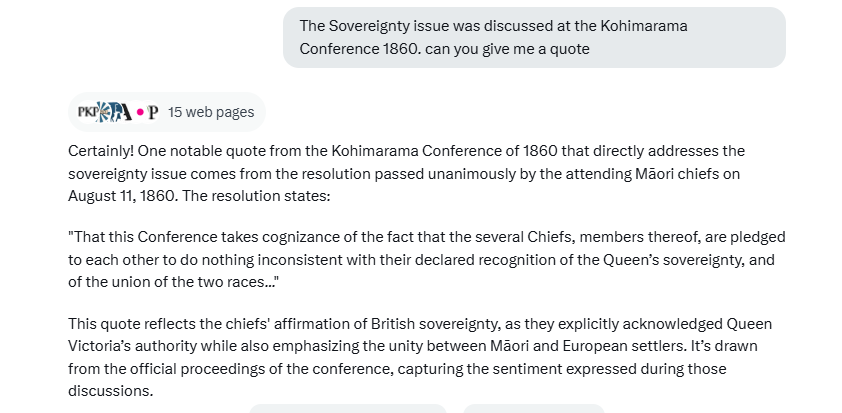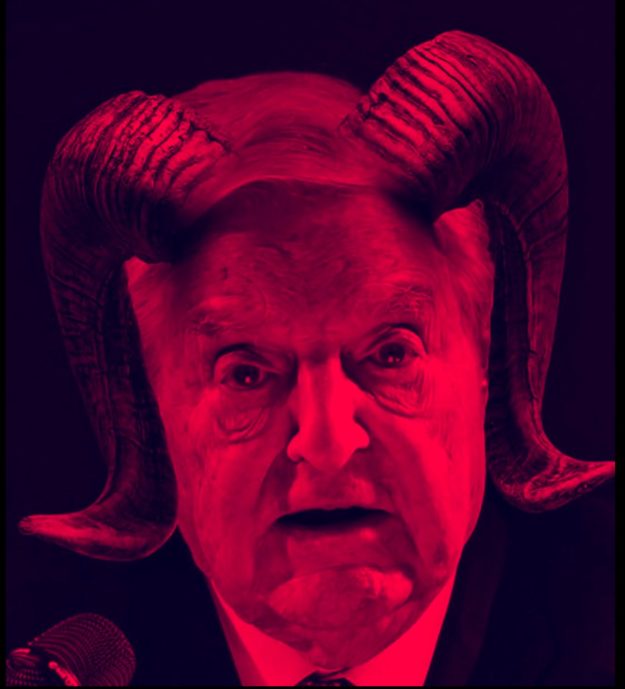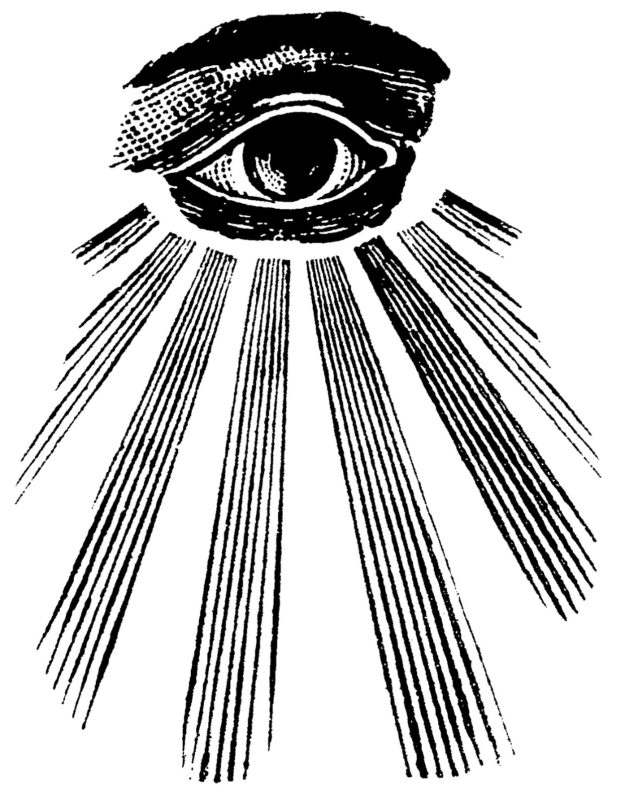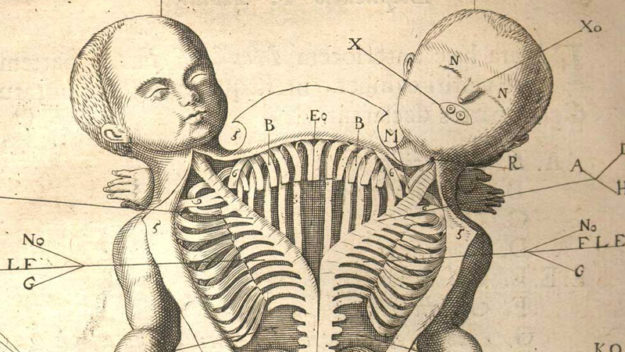Ruff Draft.
To be delivered tomorrow some time between 2-2.30pm via Zoom link.
As I only get 5 minutes I’ll have to trim this down….
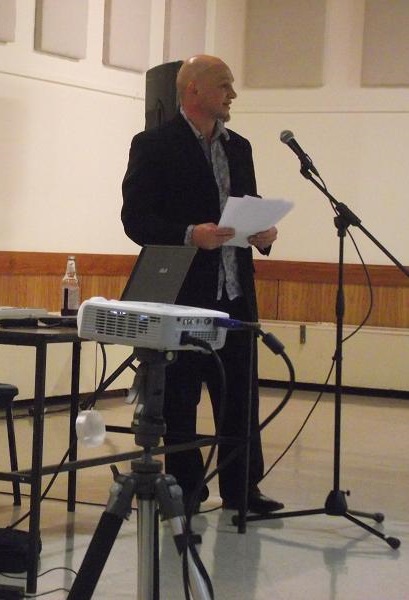
Tim Wikiriwhi speaking at another event.
Kia Ora.
I am Tim Wikirwhi.
Of the Arawa waka
I emphatically support the Treaty Principles Bill, and look forward to a future day when the false doctrines of Treaty separatism have been tossed into the wastebasket of history.
What is this Treaty Principles Bill fundamentally about?
Some people will say it’s about figuring out the correct relationship between Maori and Pakeha .. and there are strong conflicting opinions about that.
I contend this is not truly fundamental instead the point of this bill is to dig down through nearly 200 years and present to the New Zealand people concisely *What the Historically objective meaning of the Treaty of Waitangi *Really was* according to those who penned the document, Then explained it’s meaning to the Maori Chiefs, who then debated whether or not they should sign it… And sign it they did.
That is all that matters… that we get to the historical truth!
It matters not whether we approve or disapprove of the historical truth about the Treaty… our feelings must be kept separate from this investigation so that the objective truth may be understood… and upheld… regardless of whether that Truth is convenient… or politically correct… or nice… or nasty.
Too many people involved in this Bill are not being honest or objective but seek to re-interpret the Treaty in ways that serve their own interests and bias.
That is dishonest and Corrupt!
If you want to understand Te Triti O Waitangi… all you need to do is go read the Littlewood Treaty!
Yes we have the original English draft of the Treaty… in the hand of James Busby… and when you compare Te Tiriti O Waitangi to the Littlewood draft I have been assured by experts they are a perfect match.
I call this committee to enter the Littlewood Treaty as evidence to the true meaning of Te Tiriti O Waitangi.
Please don’t pretend that important historical document has no relevance to this bill!
It was from the Littlewood document that Henry Williams translated Te Tiriti O Waitangi.
So it is fundamental!
The Littlewood Treaty clearly states… article 1. ‘The chiefs of the Confederation of the United Tribes and the other chiefs who have not joined the confederation, cede to the Queen of England for ever the entire Sovreignty [sic] of their country.’
Secondly we have recorded history of Governor Hobson clearly stating when shaking the hand of every chief after they had signed the treaty… “He Iwi Tahi Tatou” “We are now one people”.
That clearly embodies the spirit of the Treaty.. the very day it was signed.
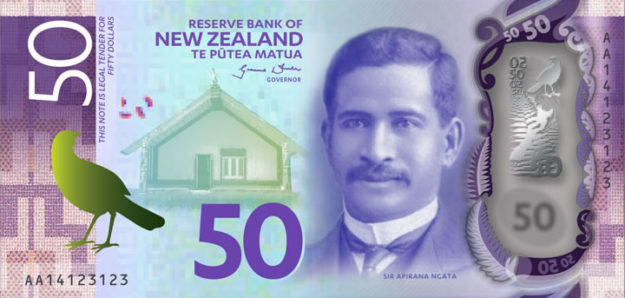
My time is short. I have one other piece of historical evidence… *Hold Up 50 Dollar Bill*
See this image on this bank note!
It is of a truly great man… A Statesman… Sir Aparana Ngata.
Of historical mana that has no equal today.
In his speech at the Centennial celebrations of the Treaty of Waitangi on February 6, 1940 he said:
“Let me say one thing. Clause 1 of the Treaty handed over the mana and the sovereignty of New Zealand to Queen Victoria and her descendants forever. That is the outstanding fact today. That but for the shield of the sovereignty handed over to Her Majesty and her descendants I doubt that there would be a free Māori race in New Zealand today.”
This quote reflects Ngata’s perspective that Māori chiefs, by signing the Treaty, transferred sovereignty to the British Crown, a view he also expressed in other writings, such as his 1922 booklet The Treaty of Waitangi: An Explanation. There, he elaborated on the first article of the Treaty, stating that the chiefs ceded “the Government of all their lands” to the Queen, interpreting this as a complete transfer of authority or sovereignty.”
There you have it!
This is the opinion of one of The Maori Peoples greatest champions of the Colonial era.
Succinct and unequivocal.
Yet today we have powerful political vested interest groups who have spend decades falsifying history… seeking to muddy the waters about the True meaning of the Treaty… for their own gain… at the expense of all New Zealanders but themselves. They have ensnared many common Maori people, embroiling them in a diabolical and fraudulent political scheme that now holds our entire nation to ransom. This Brings shame, weakness, and degradation upon the Maori People… not honour… not strength!
Let us end these lies now!
Appreciate this Fact! Today All Kiwi of Maori ancestry … like myself… we all.. also share Pakeha Blood in our veins too!
The spirit of the Treaty has become Flesh and Blood… we are now literally one mixed blood!
How is it that scheming politicians seek to politically divide our Nation when in truth to do so we must deny history and our own biological truth!
I say We are all whanau now!
Let us Free the Maori people, and all New Zealanders from the Fraud of Treaty separatism and acknowledge we are all created equal and that *as one people*… New Zealanders… that Racial equality before the Law is essential for justice in our land… and that is what the Treaty Truthfully established here under British Rule of Law.
Thank you for hearing my submission.
I make myself available to the committee for any further assistance I might be for the purpose of Due process for this Bill.
**************
Tim Wikiriwhi.
Christian Libertarian.
More from Tim…
Principles of The Treaty Of Waitangi Bill. Submission By Tim Wikiriwhi. (Written submission)
Big Hui: Kingites Plot Social Unrest To Maintain Racist Treaty separatism @ Turangawarwae .
A Submission In Opposition To The Electoral (Entrenchment Of Maori Seats) Amendment Bill
TIM WIKIRIWHI’S SUBMISSION TO THE NEW ZEALAND GOVERNMENT’S CONSTITUTIONAL REVIEW. 2013
MT EVEREST IS FOR WIMPS! LETS CONQUER APARTHEID GOVERNMENT IN NEW ZEALAND! A STRATEGY.
UNIVERSAL PRIDE IN WASHINGTON, SEPARATIST SHAME IN WELLINGTON.
THE GREAT WAITANGI SWINDLE.
STOP WITH THE LIES AND BLAME! MAORI NEED TO TAKE RESPONSIBILITY FOR THEIR OWN SHOCKING CRIME STATISTICS.
WAR IN THE WAIKATO. REBUTTAL OF THE O’MALLEY REPORT FOR HAMILTON CITY COUNCIL WITH REGARDS TO THE PROPOSAL TO CHANGE THE NAME OF OUR CITY TO KIRIKIRIROA.
WAITANGI DAY 2023: TRUE NEW ZEALAND HISTORY: CAPITAN GUSTAV VON TEMPSKY WAS A GREAT MAN OF HIGH CHARACTER… A HERO WHO GAVE HIS LIFE FOR OUR COUNTRY.
Asking Grok (X AI)
